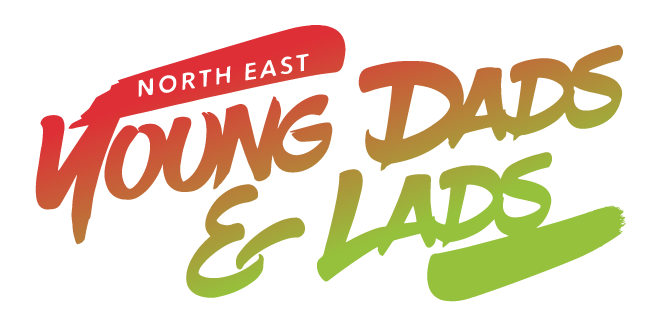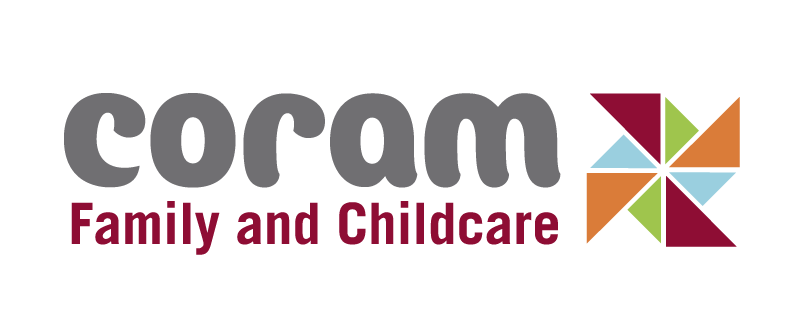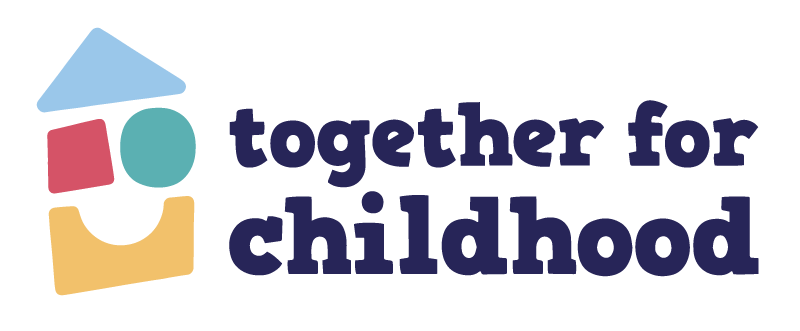“One of the most important books on adolescent and young adult fathers ever published. Moving interviews document how young fatherhood is shaped by personal, familial, institutional and societal influences, illuminating factors that facilitate or impede their efforts to be engaged, caring parents and the implications for medical and social services and public policy.” Mark S. Kiselica, Penn State Harrisburg

Access our findings
We share findings from the research in lots of different formats. Our aim is to reach a diverse audience to promote more positive visions of young fatherhood.
Via this page you can access our findings and learn more about our work with young fathers and the multi-agency professionals who champion them.
Our findings are reported in a variety of formats to enable access for all. These include:
- Briefing papers and our final report series (2024), including
- a series on the impacts of COVID-19 on young fathers,
- young fathers and their mental health pathways,
- an eight-part series on co-creating father-inclusive practice and supporting the social participation of young fathers.
- Policy briefing papers, including a short series on co-creation methodology,
- Reports, including evaluations,
- Recorded webinars and presentations, including the 2023 FYFF webinar series, and
Books and book chapters
COVID-19 Collaborations
Researching Poverty and Low-Income Family Life during the Pandemic
The COVID-19 pandemic affected everyone – but, for some, existing social inequalities were exacerbated, and this created a vital need for research. This includes young fathers and the professionals who support them.
This book synthesises the challenges of researching during COVID-19 to improve future policy and practice.
You can view the book open access!

Fathering and Poverty
Anna Tarrant’s revealing research explores
Drawing on pioneering multigenerational research, Fathering and Poverty considers the dynamics of men’s caring responsibilities in low-income families’ lives. Illuminating aspects of care within economic hardship that often go unseen, it deepens our understanding of masculinities and family life and the policies and practices that support or undermine men’s participation.
Available for purchase here!
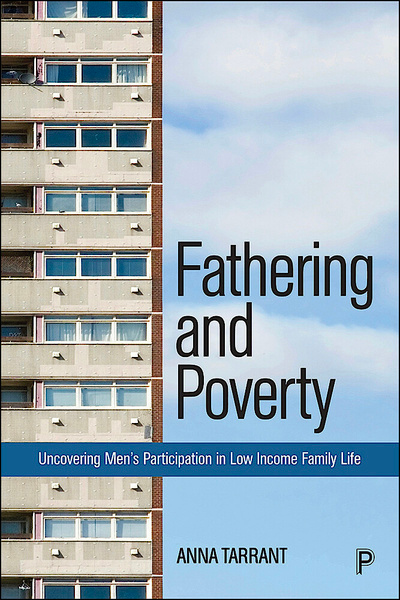
Men and Welfare
This book explores the complex, evolving relationships between men, masculinities, and social welfare in contemporary context.
The collection constitutes an up-to-date account of the gendered and social implications of policy and practice change for men, and their inherent contradictions and complexities, tracing both stability and change over the past 25 years.
Available for purchase here.
Watch the 2023 book launch and hear from some of our expert authors.
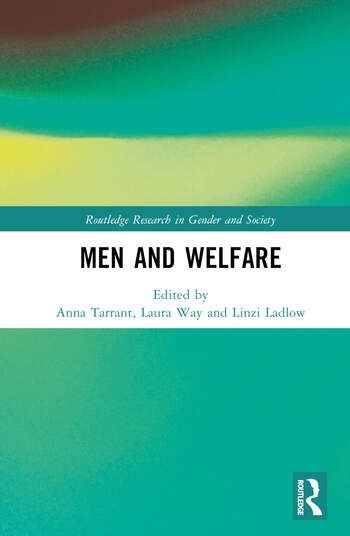
The Dynamics of Young Fatherhood
Understanding the Parenting Journeys and Support Needs of Young Fathers
Around 1 in 10 children born in the UK are fathered by men under the age of 25. These men are often from socially disadvantaged areas and frequently overlooked in both research and practice settings. Using findings from a major Economic and Social Research Council study, supplemented with additional data, the authors focus on the transitions of the young men into early parenthood and their unfolding lives thereafter.
As negative popular and media discourse around young fathers begins to shift, policy makers, practitioners, researchers and students will find future policy and practice directions designed to nurture the potential of these young men and their children.
You can purchase a copy of the book on the Policy Press website.
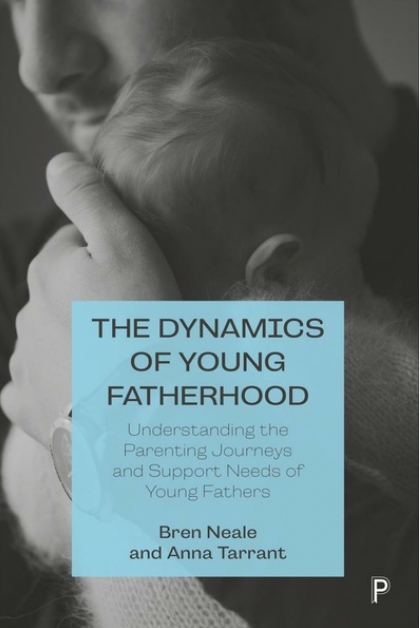
The Dynamics of Young Fatherhood:
Understanding the Parenting Journeys and Support Needs of Young Fathers
Around 1 in 10 children born in the UK are fathered by men under the age of 25. These men are often from socially disadvantaged areas and frequently overlooked in both research and practice settings. Using findings from a major Economic and Social Research Council study, supplemented with additional data, the authors focus on the transitions of the young men into early parenthood and their unfolding lives thereafter.
As negative popular and media discourse around young fathers begins to shift, policy makers, practitioners, researchers and students will find future policy and practice directions designed to nurture the potential of these young men and their children.
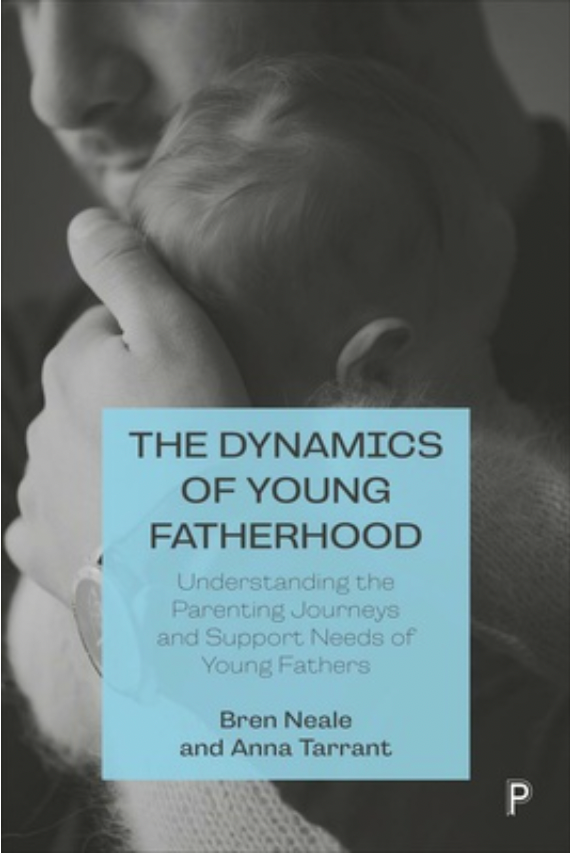
The impacts of the COVID-19 pandemic on young fathers and the services that support them
This chapter explores the diverse impacts of the COVID-19 pandemic on young fathers and the services that engage them. The qualitative longitudinal design of the study supported exploration of the complexities and dynamics of young fatherhood and their support needs at a time of major economic, social, and policy shifts during the pandemic. Also considered are the ways support services adapted their offers to sustain care for young men.
You can read the chapter open access.

‘Being there’ as providers and caregivers
caring masculinities in parenting and partnering among young fathers in the UK
This chapter presents analyses from a qualitative longitudinal study called ‘Following Young Fathers Further’ (FYFF, grant ref: MR/ S031723/ 1) to explore how young fathers in the UK narrate their experiences and understanding of fathering, fatherhood and co-parenting in the context of recent cultural and generational shifts towards engaged fatherhood. Aged 25 and under when they conceive a first pregnancy or become a parent for the first time, these young men’s experiences of fatherhood are often assumed to be problematic and therefore subject to stigma. The prevailing and problematic view that they are absent, feckless, irresponsible and, indeed, uncaring (Tarrant, 2021) sustains assumptions that young fathers lack commitment to their children, their partners and/ or co- parents, and are more likely to uphold traditional gendered commitments and values that stall progress towards gender equality among parents, as well as parenting equity (see Neale, 2016; Neale and Tarrant, 2024).
Seeking to interrogate and counter the persistence of such pervasive views through an analysis of evidence generated from a qualitative longitudinal study of young fathers, this chapter presents the argument that commitments towards ‘caring masculinities’ (Eliott, 2016) are in evidence among this diverse cohort of otherwise marginalised young fathers.
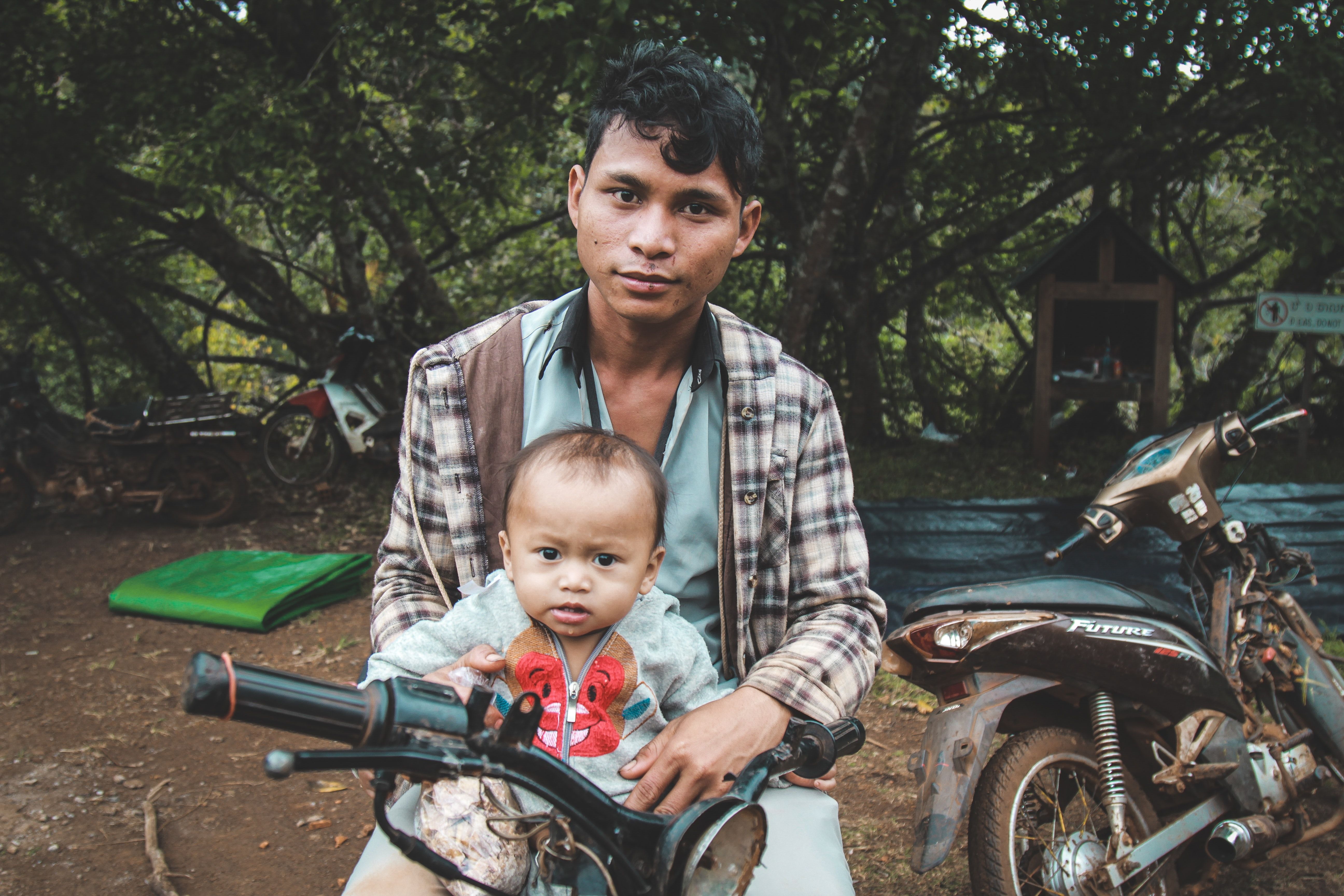
Peer reviewed Journal Articles
“Oh sorry, I’ve muted you!”
Issues of connection and connectivity in qualitative (longitudinal) research with young fathers and family support professionals
This article considers how the unanticipated use of remote qualitative methods during the pandemic impacted processes of research connection and connectivity in qualitative (longitudinal) research. First, we consider questions of connection when seeking to (re)establish and retain connections with project stakeholders and marginalised participants through the pivot to remote methods. Second, we reflect on how processes of maintaining participation and interaction were impacted by practical and technological issues associated with the digitally mediated forms of connectivity available.
Available open access!
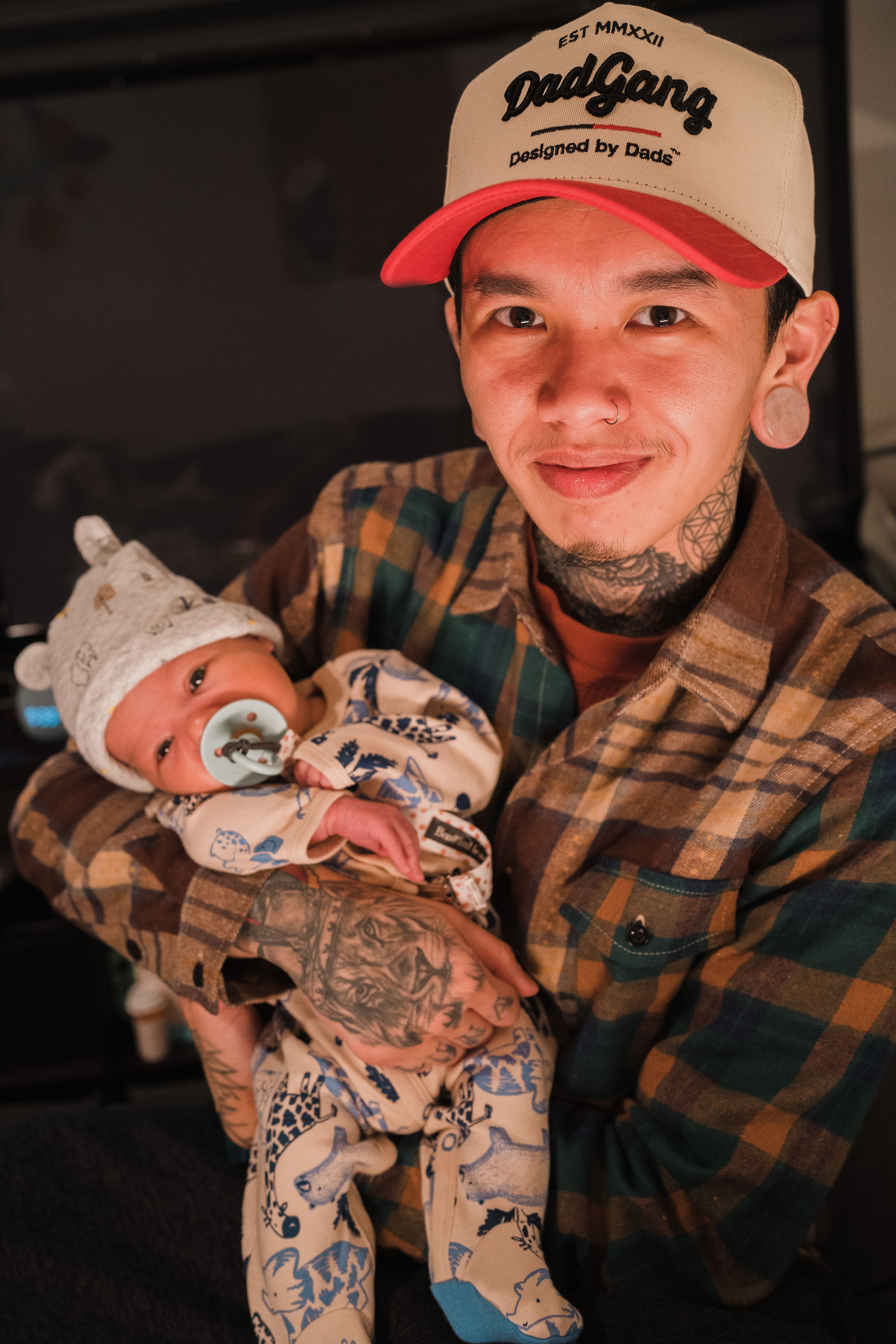
Co-creating with young fathers: Producing Community-Informed Training Videos to Foster more Inclusive Support Environments
Learn about the Diverse Dads study where we co-created films led by young dads as peer researchers who sought to explore how to better support minoritised young dads.
Available open access!

DadZine!: Zine making with young fathers as a participatory and DIY approach to research
This article considers how zine making might be understood as a participatory and DIY approach to research through a focus on zine making workshops with young fathers. Drawing upon Fletcher's conceptualisation of ‘zine ethos’, zines’ DIY ethic, their democratic and participatory ideal and their transformative potential will each be considered reflexively, highlighting some of the ways these might be enacted through zine making in the context of research but also potentially constrained. This article extends existing empirical work concerning zines in the context of research and offers some fresh reflections on their value as a participatory and DIY approach to research.
Increasing father engagement among minoritised fathers through proactive service support and outreach: insights from a participatory pilot study
Based on analyses of multi-perspective data generated from a small participatory and exploratory pilot study called Diverse Dads, this article considers how service engagement with minoritised fathers might be addressed in contexts of family and youth support. Semi-structured qualitative interviews and focus groups, complemented by a small survey, were conducted by beneficiaries and employees of a specialist charity supporting young fathers, with regional practitioners, service managers and minoritised fathers. These explored how and why services, which traditionally serve White, working-class communities, might be ‘hard(er) to access’ for minoritised fathers and how this might be addressed. In a context of considerable constraint for services, this article identifies how more accessible, inclusive support pathways and environments might be fostered. Key processes explored include how services can increase their accessibility, visibility, and appeal; become more proactive with outreach to fathers in diverse communities; and sustain father-inclusive support for all fathers.
Instigating father-inclusive practice interventions with young fathers and multi-agency professionals: the transformative potential of qualitative longitudinal and co-creative methodologies
Interdisciplinary social sciences literature on the value and significance of engaged fatherhood and father-inclusive approaches to practice for enhanced family outcomes have begun to reach a consensus. Yet there has been less attention to how research knowledge about fatherhood, including that which is co-produced with and for fathers, can be more effectively translated and embedded in practice and policy contexts. This article elaborates on a cumulative, empirically driven process that has established new relational ecologies between young fathers, multi-agency professionals and researchers. It illustrates how these ecologies, supported by longitudinal and co-creative research combined, are driving societal transformations through knowledge exchange and the instigation of new father-inclusive practice interventions that address the marginalisation of young fathers. The methodologies, including the co-creation of the Young Dads Collective and its impacts on young fathers and multi-agency professionals, are evaluated, confirming them as powerful and productive mechanisms for embedding father-inclusive practices within existing support and policy systems.
You can access the article via the journal webpage or contact us to request a copy.
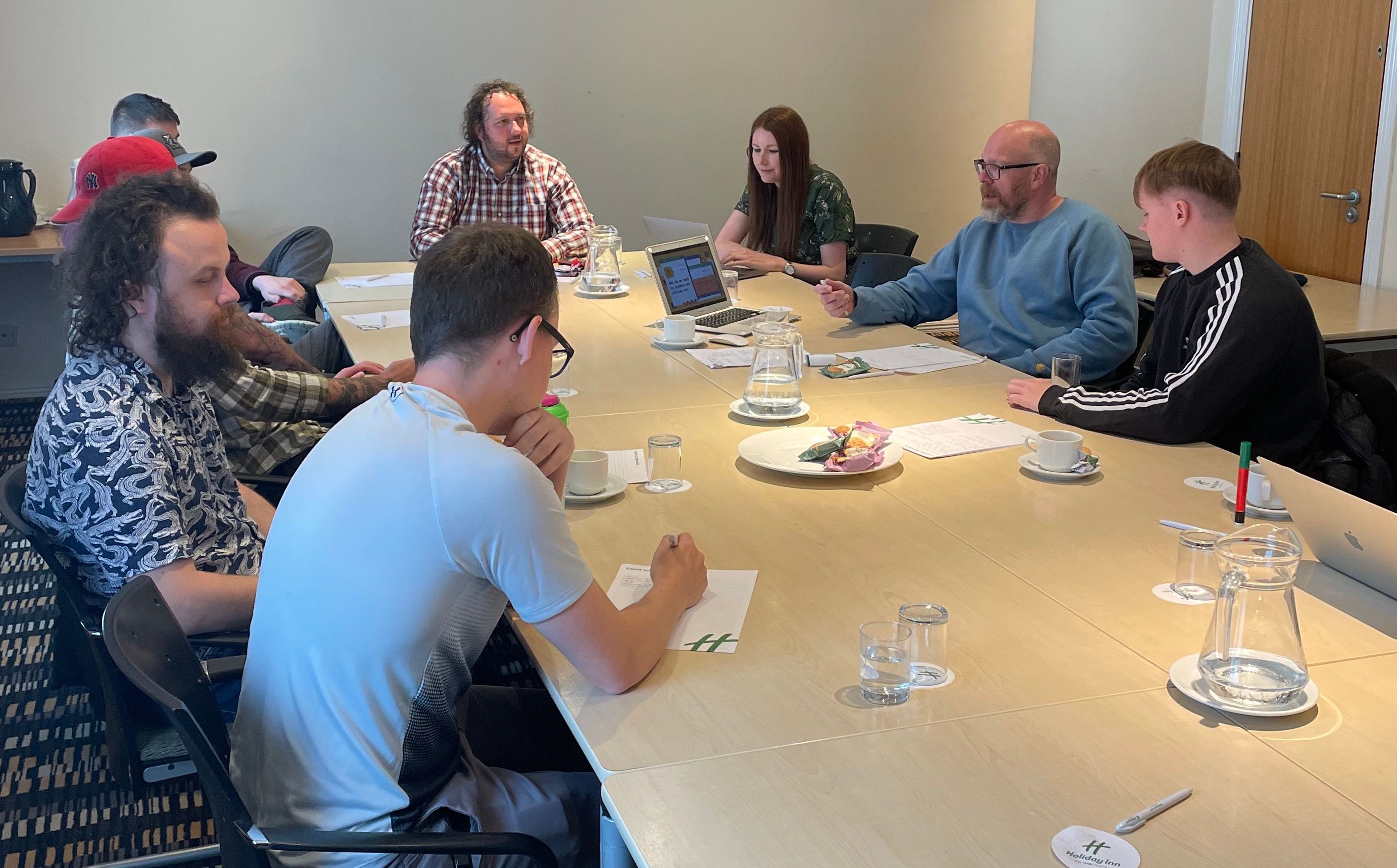
Perceptions of gender equality and engaged fatherhood among young fathers
Parenthood and the welfare state in Sweden and the UK
This article presents analyses from an international empirical study of young fatherhood in Sweden and the UK. Young fathers in both countries express an encouraging commitment to contemporary cultural imperatives for engaged fatherhood. However, differences in welfare and parental leave systems have a clear influence on the extent to which the young men in the respective countries can fulfil their parental commitments.

The Impacts of the Covid-19 Pandemic and Lockdown Policies on Young Fathers: Comparative Insights from the UK and Sweden
COVID-19 and young dads
This article explores the impacts of the first wave of the COVID-19 pandemic and lockdown policies on young fathers and their families in the UK and Sweden.
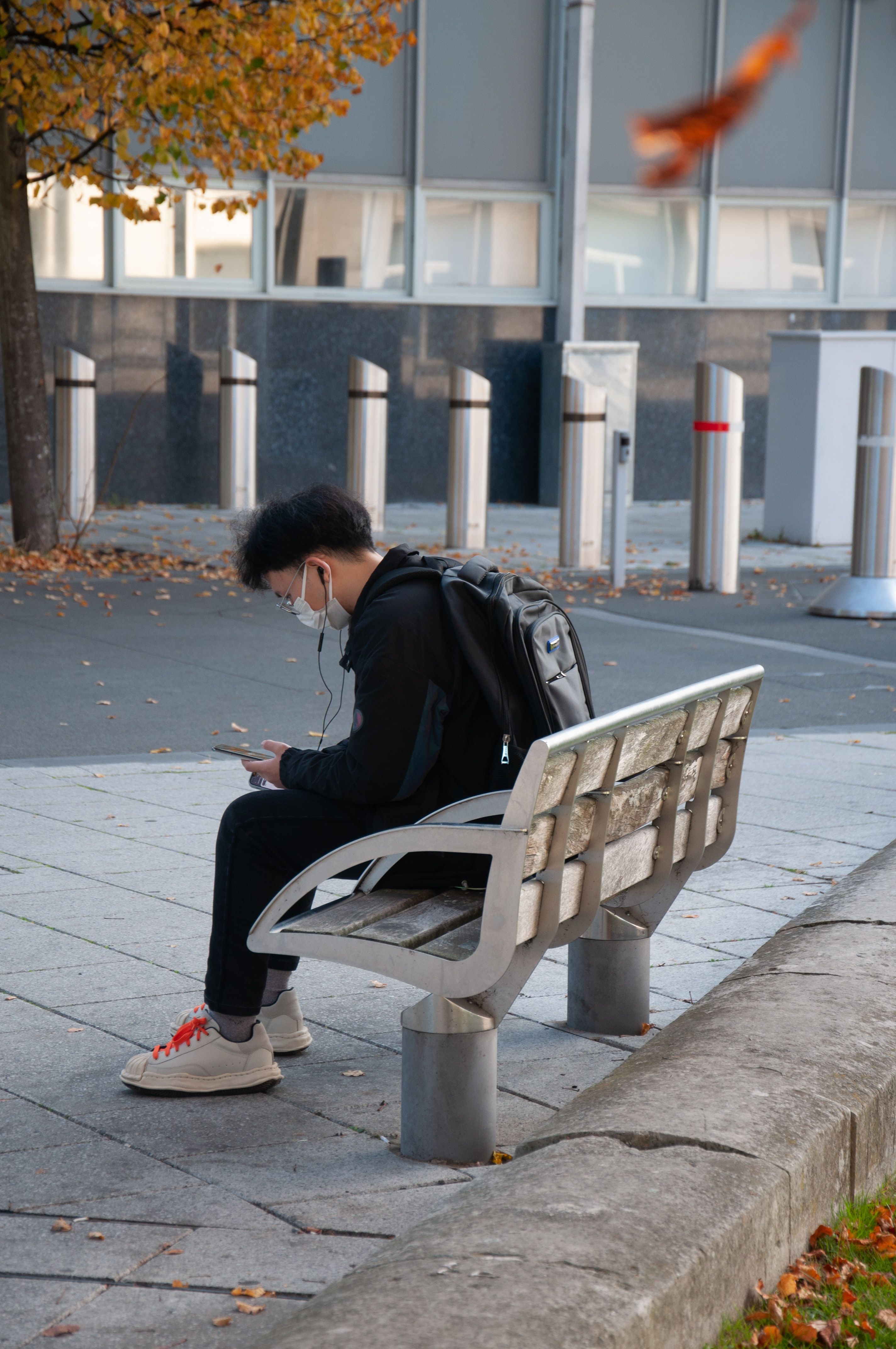
Briefing Papers
A dynamic perspective of young fathers’ well-being
Predictive and protective factors across their mental health pathways
This briefing paper explores the dynamic mental health pathways of young fathers in their transition to fatherhood. We argue that they navigate a well-being spectrum over time as they adapt to their new identities and responsibilities where young fatherhood can be source of joy and pride. However, the struggles associated with young parenthood may tip some young men into periods of mental ill-health.
Download Briefing Paper
Responding to young dads in a different way
Two open access reports were developed from this Leeds Social Science Institute funded project, which was led by Dr Anna Tarrant between April 2016 and April 2017. The first is an evidence review of existing research about practice support for young fathers. The second reports on the Responding to Young Dads in a Different Way project and its key findings.
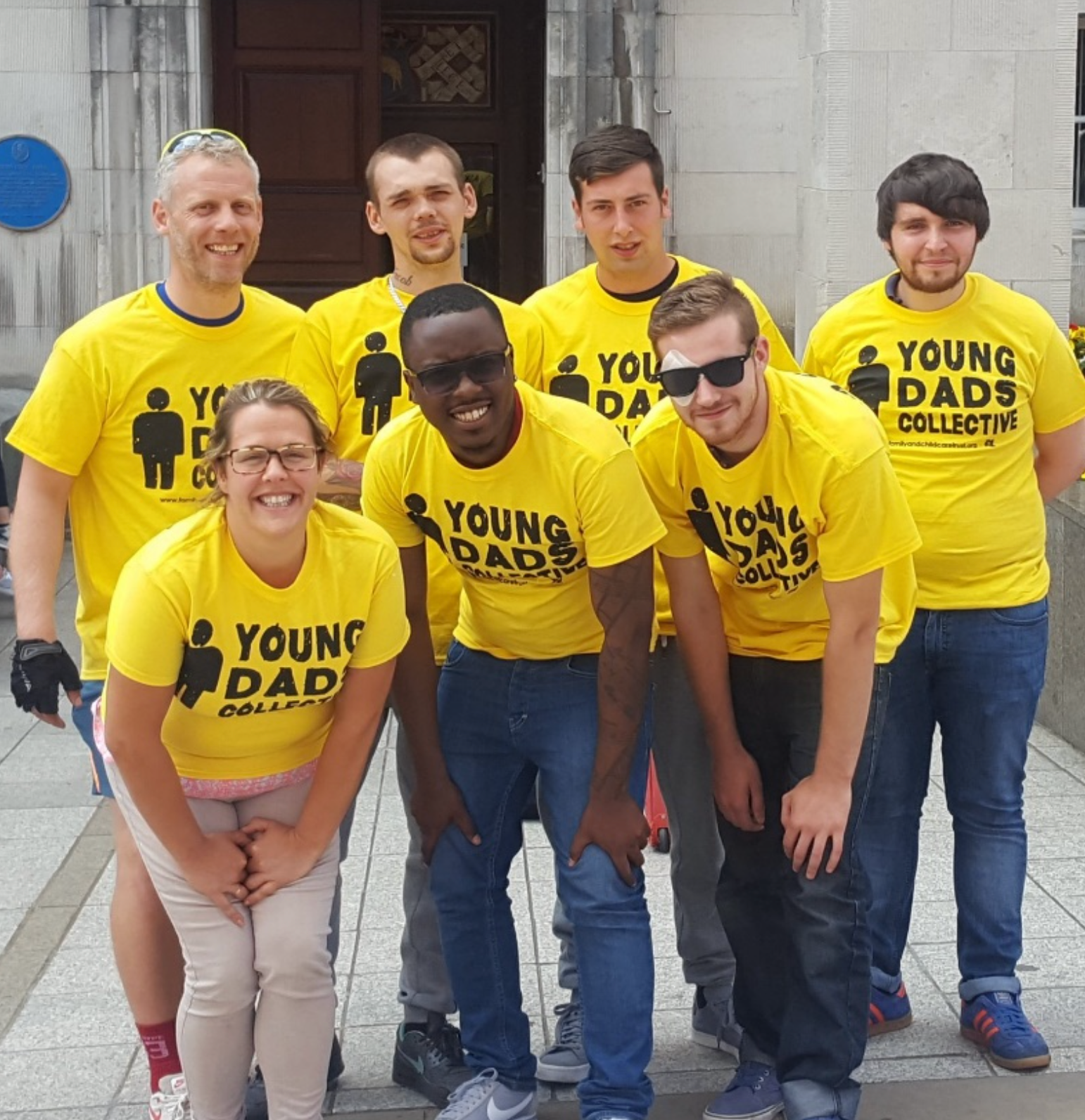
Wave One: Exploring the impacts of Covid-19 on young fathers
Early analyses of our findings from Wave One of interviews from the study. We explore the impacts of the Covid-19 crisis on young fathers and the professionals who supported them.
Briefing Paper One: Negotiating ‘earning’ and ‘caring’ through the COVID-19 crisis: change and continuities in the parenting and employment trajectories of young fathers
Briefing Paper Two: From social isolation to local support: Relational change and continuities for young fathers in the context of the COVID-19 crisis
Briefing Paper Three: Supporting at a distance: the challenges and opportunities of supporting young fathers through the COVID-19 pandemic

Policy Briefing Papers
Father-inclusive Practice
Definitions
Policy Brief 1
Key principles of father-inclusive practice
Policy Brief 2
Models of good practice for work with young fathers: co-creating knowledge about inclusive and intersectional approaches in the ‘Diverse Dads’ project
Policy Brief 3
Models of good practice for work with young fathers: the Grimsby Dads Collective case study

Men's Health Strategy
Following Young Fathers Further submission
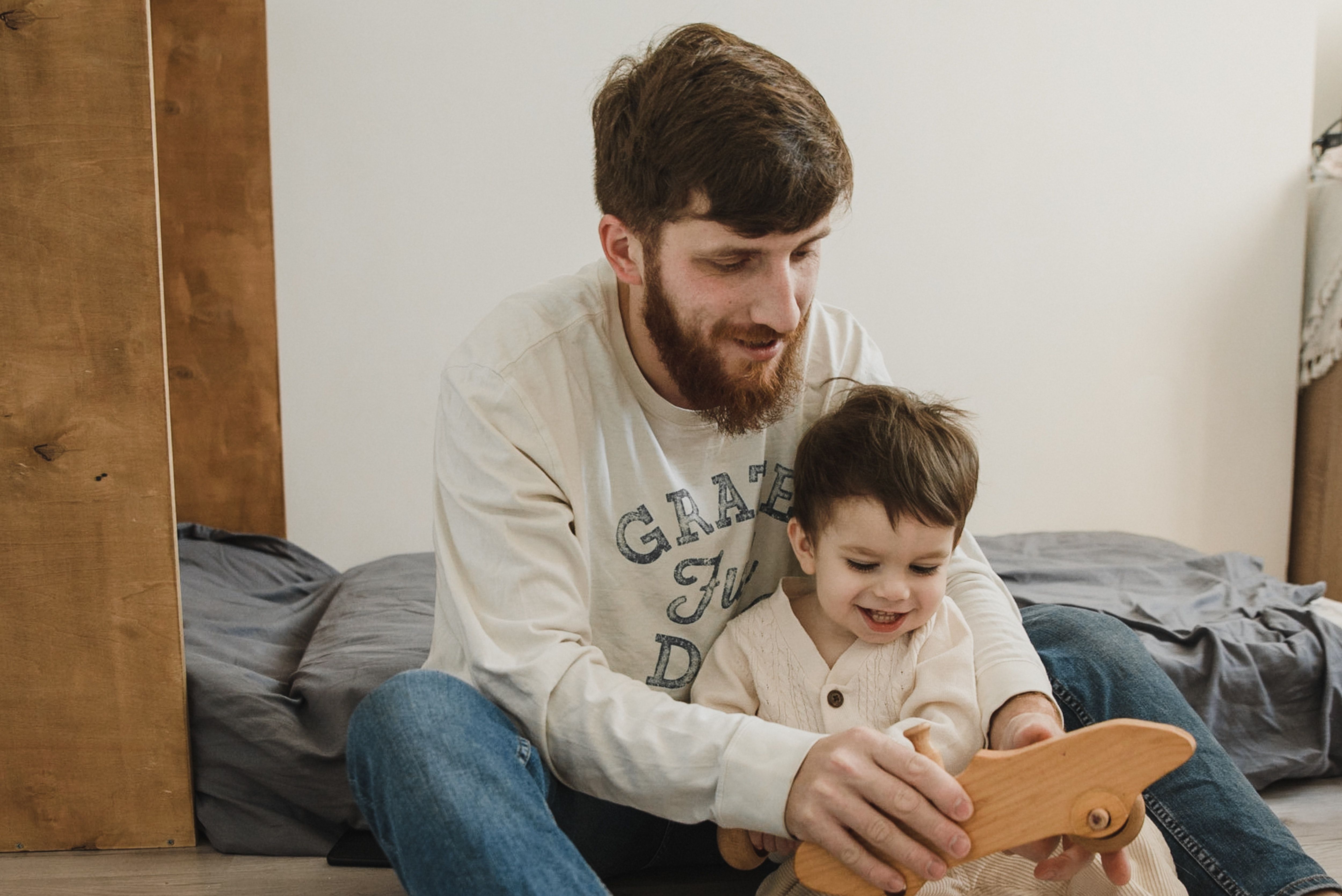
Written submissions for parliamentary inquiries
Childcare reform
Following Young Fathers Further submission

Equality at Work: Paternity and Shared Parental Leave
Following Young Fathers Further submission

House of Lords Youth Unemployment Inquiry
Skills for every young person
Our evidence on young parents was cited several times in the final report, where young parents were acknowledged.

Men's Health Strategy (1)
Father-inclusivity as a preventative strategy for improving health-positive behaviours among men and boys
Reports, including evaluations and toolkits
Care in the prison estate? The importance of redemptive, compassionate and family-focused support for young fathers
Care in the prison estate?
Based on a productive collaboration with the Prison and Care Trust, this report presents findings from a qualitative study exploring the lived experiences and support needs of young fathers, aged 25 and under, who are in prison. The broad aim of the study was to understand how some of the most marginalised young fathers experience parenting while separated from their children, including the extent to which they receive and experience support while in the prison system. Based on data generated from in-depth interviews with 12 young fathers in prison and with 3 professionals providing support, the study helped to identify some of the more distinctive issues the highly marginalised and vulnerable young men experience in the UK, as a basis for informing more inclusive support for them.
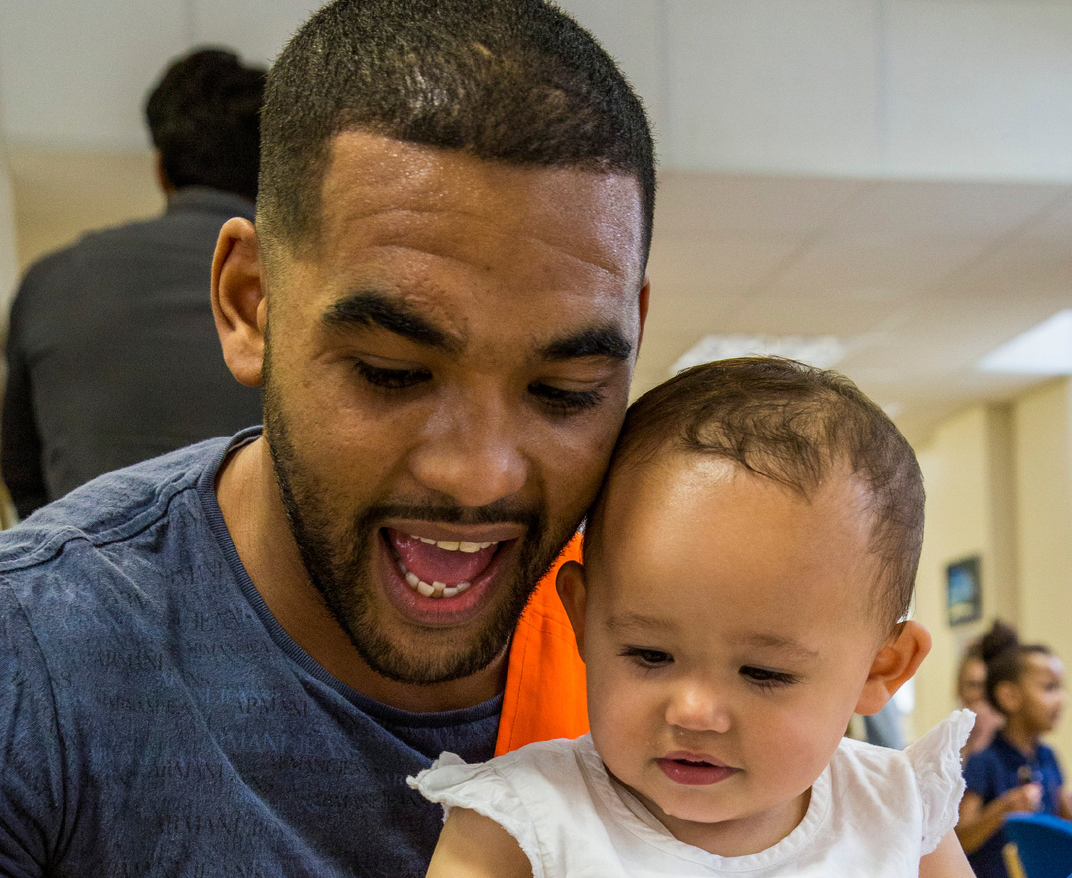
DigiDAD Evaluation
One Year On
The Following Young Fathers Further team conducted an evaluation of the North East Young Dads and Lads' new digital offer for young fathers called DigiDAD.
DigiDAD is a unique, pioneering e-learning parenting platform made by and for young fathers. First created during the COVID-19 pandemic, DigiDAD features evidence-informed content designed to support the informational requirements of young fathers.

Diverse Dads reports
The Diverse Dads team launched two open access reports based on the outcomes of the research as the ‘Diverse Dads Collaborative. These include key research findings and recommendations for good practice, as informed by the young fathers and professionals who participated in the study.

Establishing the Family Hubs in Middlesbrough
Insights from the perspectives of local families and Family Hub Managers
This report presents findings from a consultation provided by the University of Lincoln to the Middlesbrough City Council Participation team, reporting on the first year of establishing their offers and creating parent/carer panels for their local Family Hubs.
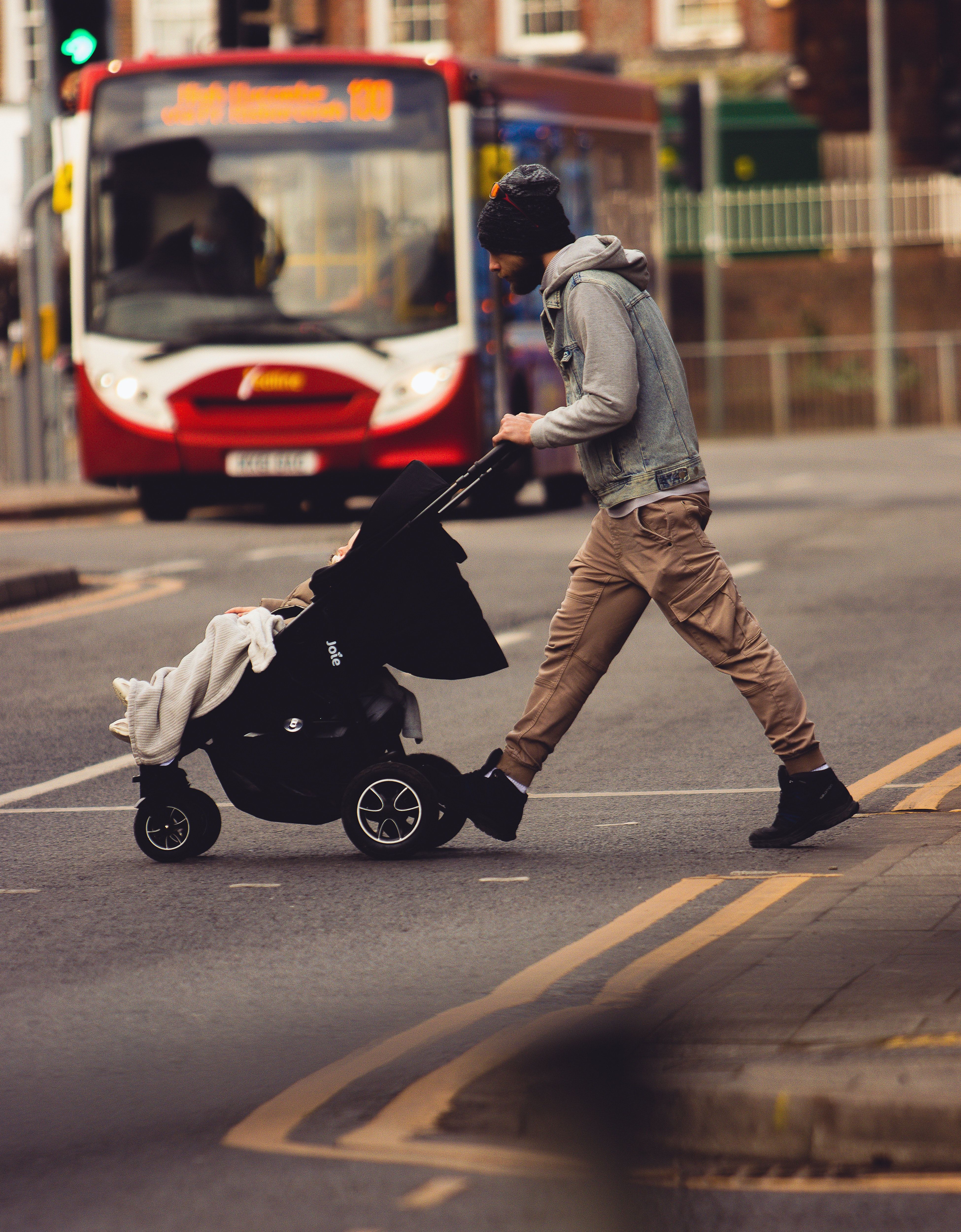
Final report series 2023
Co-creating with young fathers
This eight-part report series reports on our findings and the innovations from the Following Young Fathers Further study between January 2020 and December 2023. These have been launched at the final conference, which took place in Lincoln on Thursday 7th December 2023.
We intend to develop further outputs from the study, supported by an additional three years of funding that will extend our work again to January 2027. So watch this space!
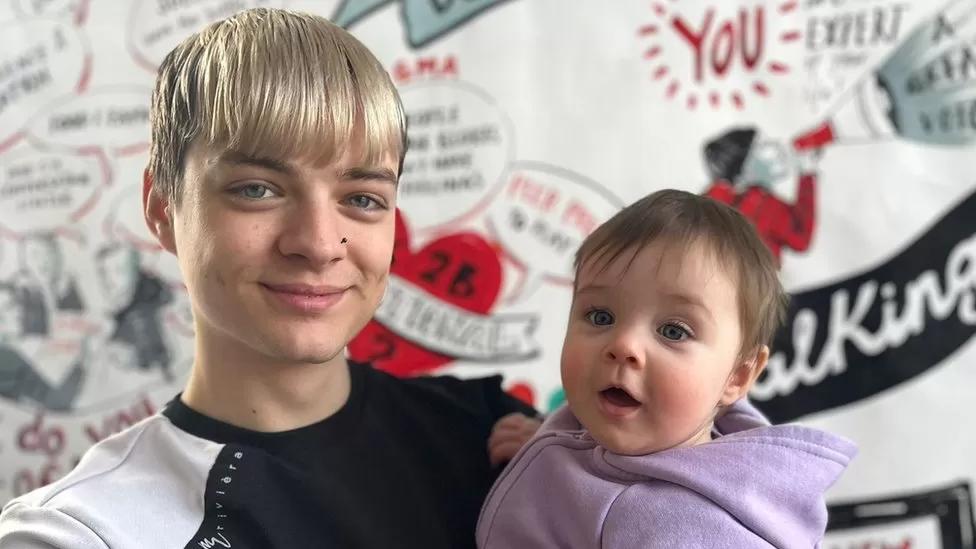
NCRM Telephone Methods Toolkit
The pandemic has prompted many social scientists to rethink their research methods and adapt to researching in ways that accommodate social distancing rules. Telephone interviews offer a remote route to fieldwork but their value for researchers extends beyond the pandemic. This toolkit considers the role of telephone interviewing in qualitative research and the advantages and challenges of this method and attendant practical and ethical questions. We provide practical reflections around how to address the challenges associated with telephone interviews and draw on examples from current research.
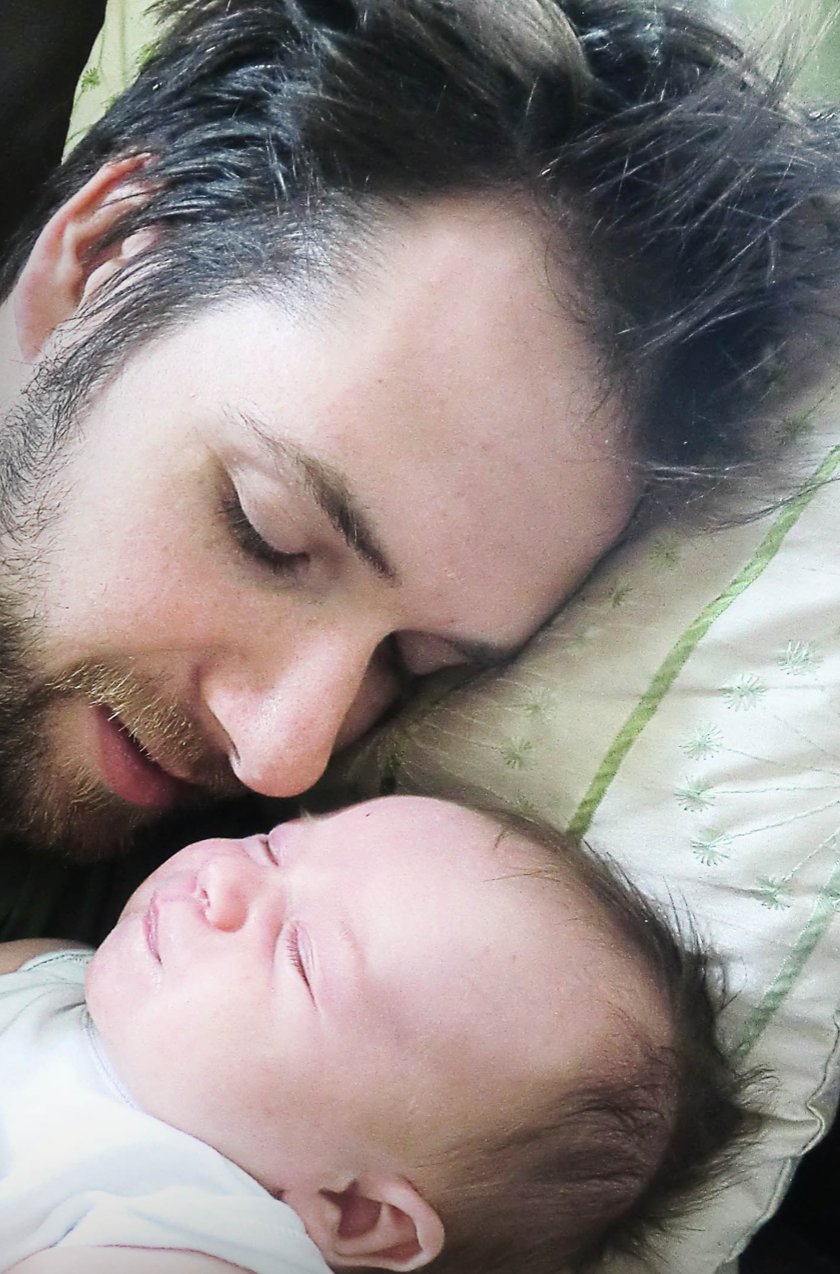
Think Dad!
The Think Dad! Toolkit, co-created with young fathers and developed with professionals and services in mind who want to improve how they work with young fathers.

Young father-inclusive support commissioned by the County Durham Family Hubs
An Evaluation
Presents findings from a qualitative evaluation of the North East Young Dads and Lads young father inclusive support offer for young fathers, aged 25 and under.
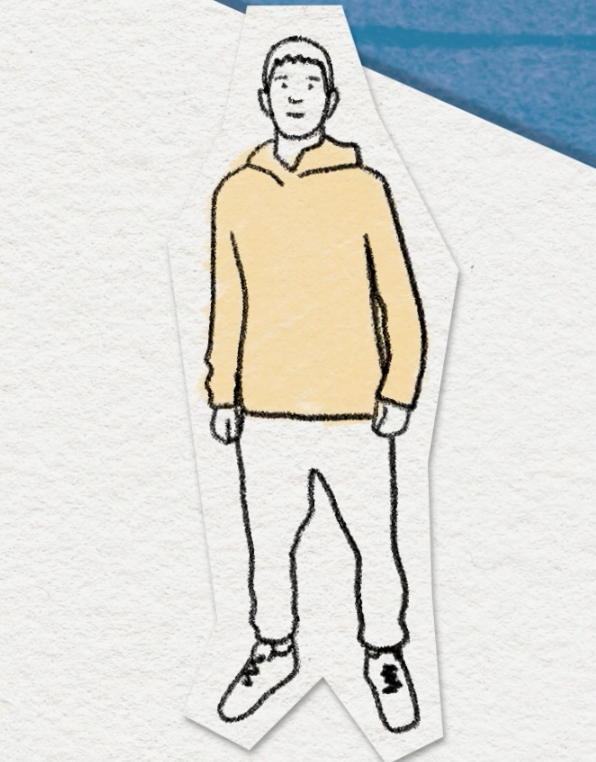
You can also learn more about our work via our recorded webinars, presentations, and blog posts.
